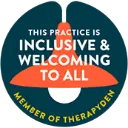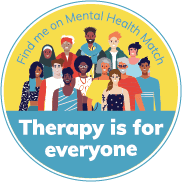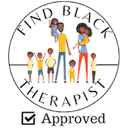
Eddins Counseling Group Was Founded in 2010
on the Following Principles and Beliefs:
-
We believe people are more than a diagnosis. We look at the whole person and develop a treatment approach that incorporates the uniqueness of each individual and their life situation.
-
People can - and do - overcome the obstacles that confront them.
-
Regardless of your life situation or experiences, you were born with unique potential and the capacity to grow, heal and change. Counseling can facilitate transformational change and growth.
-
We all have unique gifts that we bring to the world and everyone benefits when we can express these gifts authentically and share them with others.
-
Every person deserves compassion and acceptance and has inherent worth as a human being.


How To Get Started
Self Help Library
We understand that you might not be ready for therapy yet. That's why we have dedicated years to creating a self-help library.
Get a Free Email eCourse
Select as many as you want.
"Download a Free eBook
Select as many as you want.
5 Ways to Reduce Anxiety
Get instant access to your free ebook.
Grounding & Self Soothing
Get instant access to your free ebook.
7 Mood-Boosting Tips
Get instant access to your free ebook.
READ A SUCCESS STORY


In Person & Online Therapy Available
Our therapists are available to see clients in person in multiple locations throughout Houston & Sugar Land, TX as well as through online therapy throughout the US & Texas via secure video.
















